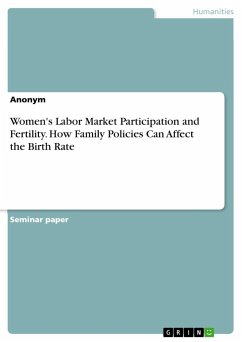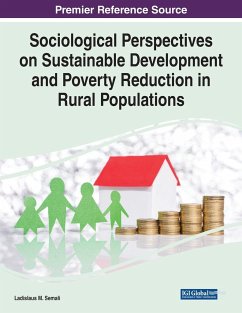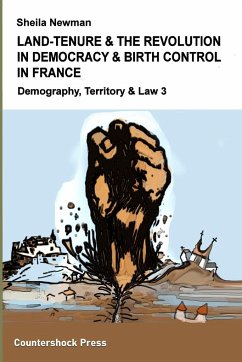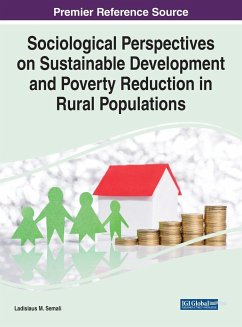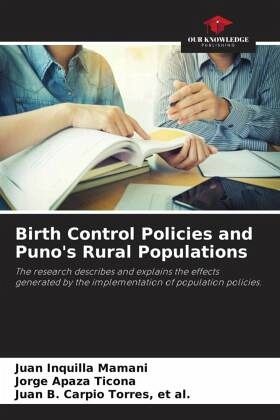
Birth Control Policies and Puno's Rural Populations
The research describes and explains the effects generated by the implementation of population policies.
Versandkostenfrei!
Versandfertig in 6-10 Tagen
40,99 €
inkl. MwSt.

PAYBACK Punkte
20 °P sammeln!
The purpose of the research was to describe and explain the effects generated by the implementation of forced sterilization policies on rural women and to identify the natural methods they use for birth control in the Andean communities of the Puno region. The research methodology focused on the qualitative, phenomenological and ethnomethodological approach. The results of the research show the effects generated, both the magnitude and the pending challenges from the State in the face of the human rights violations generated by the application of the National Program of Reproductive Health and...
The purpose of the research was to describe and explain the effects generated by the implementation of forced sterilization policies on rural women and to identify the natural methods they use for birth control in the Andean communities of the Puno region. The research methodology focused on the qualitative, phenomenological and ethnomethodological approach. The results of the research show the effects generated, both the magnitude and the pending challenges from the State in the face of the human rights violations generated by the application of the National Program of Reproductive Health and Family Planning - PNSRPF that was directed in the country between 1996 and 2000 to a totally unprotected and vulnerable population with the social and economic conditions they found themselves in. On the other hand, it reveals the form of gender violence that constituted the practice of sterilization of thousands of rural women in the rural areas of Puno.



